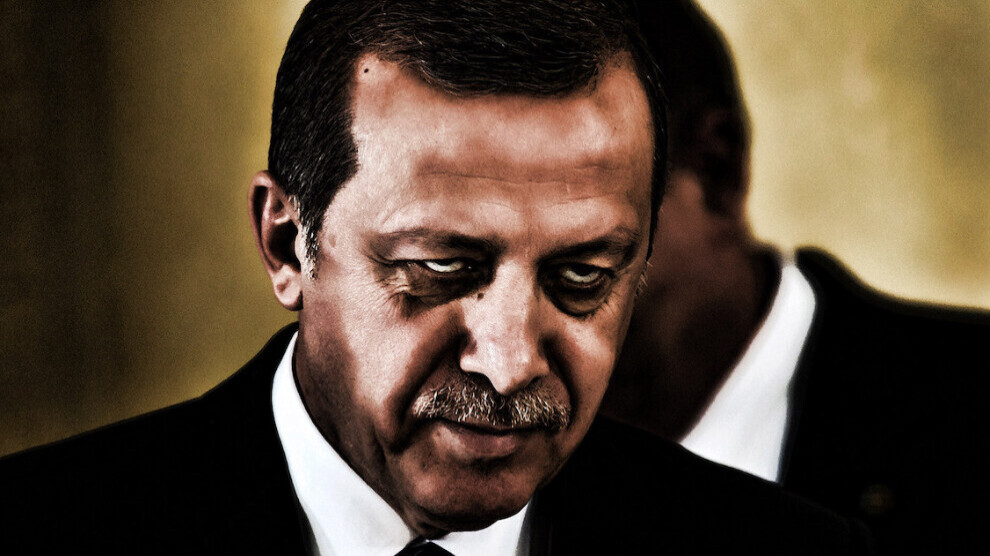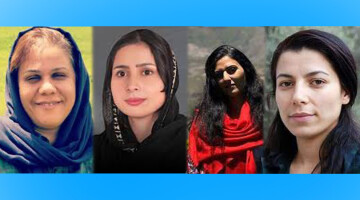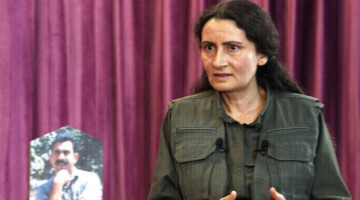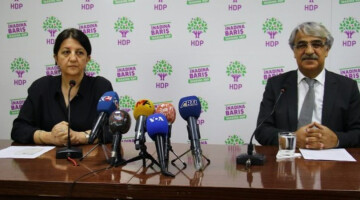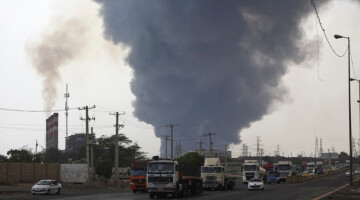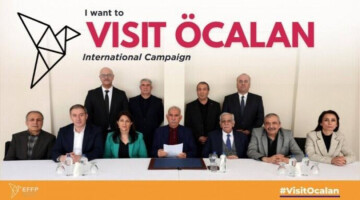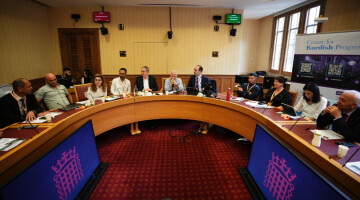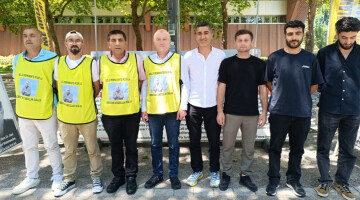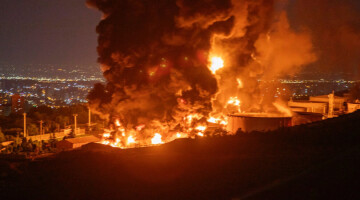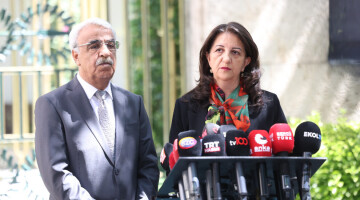In its report "Security Switzerland 2020", the Federal Intelligence Service (NDB) refers to Turkey's key role as a transit and retreat area for the "Islamic State". In its status report published at the end of October, the Swiss Federal Intelligence Service states that the core organization of the IS continues to have significant resources, both in terms of personnel and financial resources:
"It has prepared for the foreseeable defeat for a long time: Cadre members and financial resources have been moved to safe places. Today it is a fragmented underground organization in Syria and Iraq, but it has intact structures at the regional level. Since the fall of the caliphate, it has perpetrated thousands of attacks in Syria and Iraq, and despite these limitations, the core organization also has extensive transnational networks. Turkey plays a key role here as a transit and retreat area. This observation is underscored by the fact that exponents of the Islamic state have repeatedly been apprehended or killed in the immediate vicinity of the Turkish border. In 2019, the Turkish Interior Minister publicly confirmed the growing presence and increased activities of jihadists in Turkey. In the same year, the 'Islamic State' declared Turkey one of its provinces.”
Aggressive regional power striving of Turkey under Erdogan
In its assessment of Turkey's situation, the report says: "Despite domestic political and economic difficulties, Turkey will not give up its striving for regional power under President Erdogan. Against the background of its perception of threats, the establishment of a security zone in northern Syria forces Turkey to strengthen its ties with Russia, thereby increasing the area of friction with its traditional partners. Turkey's pursuit of interests in the Mediterranean region also contributes to this. Nevertheless, Turkey will not fundamentally abandon its relations with its NATO partners and the EU".
According to the NDB, jihadist terrorism could be one of the beneficiaries of power-political conflicts, and the IS continues to lead the way in this regard. The terror threat in Switzerland remains elevated and further attacks in Europe are likely, according to NDB.
Erdogan loses support despite aggressive foreign policy
On Turkey, the report states: "President Erdogan cannot improve the poor economic situation despite his wealth of power. His ruling Justice and Development Party (AKP) has been weakened since its defeat in the March and June 2019 local elections in the main cities. Despite Turkey's popular military interventions in northern Syria and northern Iraq, it continues to lose popular support. Renegade AKP co-founders are gaining support, deepening the cracks in the AKP. The opposition is divided, however, and does not currently represent a serious alternative. Turkey is making efforts to settle Syrian refugees of Arab ethnicity in its security zone in northern Syria. This could drive a demographic wedge into the regions claimed as autonomous by the Kurds. In Cyprus' economic zone in the eastern Mediterranean, Turkey continues to search for natural gas despite protests from the USA and symbolic sanctions from the EU. In addition, with the memorandum on the redrawing of the sea borders with the Sarraj government in Libya, Turkey is ignoring international maritime law. Erdogan is still threatening to let the more than three million Syrian refugees move towards Europe if the EU criticizes his foreign policy more strongly.”
According to the intelligence service, domestic political tensions in Turkey will continue: "The political balance of power is likely to shift further to the disadvantage of the president's ruling party. The economic situation will remain fragile and is likely to deteriorate further.”
Erdogan will continue to tactically adjust his relations with the EU, the USA, Russia and the states in the Near and Middle East in order to preserve Turkish independence as far as possible. The NDB assumes that Turkey will continue to intervene militarily in Syria and Iraq "in order to contain what it perceives as the most important threat - 'PKK terrorism' - and at the same time to repatriate millions of Syrian refugees in the coming years.
PKK is pragmatic
While the NDB puts "PKK terrorism" in quotation marks in the Turkey section, the Kurdistan Workers’ Party (PKK) is listed under the "Jihadist and Ethno-Nationalist Terrorism" section. In the short section on the PKK, the organization's behavior in Europe is described as pragmatic:
"With Turkey's offensive at the end of 2019, the Kurdish People's Defense Forces YPG, the Syrian faction of the PKK, lost part of its de facto self-governing territory east of the Euphrates. The partial withdrawal of the United States had made the offensive possible, but Turkey had already ousted the PKK from northwestern Syria in 2018. The Turkish army also continues to conduct operations against the PKK in Turkey and northern Iraq. In Europe, the PKK behaves pragmatically despite the tense situation. It continues to renounce violence in view of its demand to remove the PKK from the EU list of terrorist organizations. There have been only isolated clashes between Kurdish demonstrators and law enforcement forces in Europe. As a rule, violent left-wing extremists were responsible for damage to property. In Switzerland, too, the PKK leadership insists on the ban on violence it has decreed. The PKK, on the other hand, has intensified its annual fundraising campaign and recruitment in Europe."

